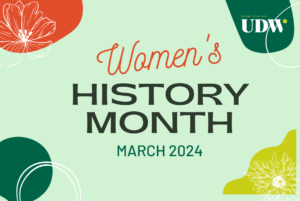
Women’s History Month 2024
March was Women’s History Month, and as a union made up mostly of women, every year we celebrate and uplift


March was Women’s History Month, and as a union made up mostly of women, every year we celebrate and uplift
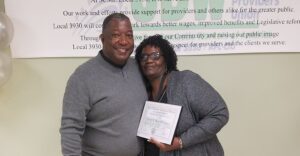
UDW member and activist Ms. Terry Walker-Dampier passed away earlier this month after a long battle with cancer. A UDW
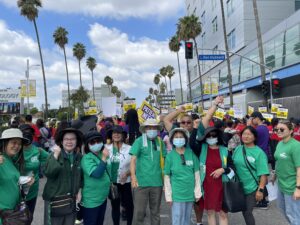
This Labor Day, UDW members from Riverside and Orange Counties rallied alongside union siblings from across Southern California to demand safe staffing at Kaiser Permanente hospitals.

Families of four with incomes of up to $96,300 are eligible for subsidized child care, under new state income limits,

SACRAMENTO – UDW/AFSCME Local 3930, a union representing over 171,000 home care workers and family child care providers in California,

BY JENNY GOLD Behind the white iron gate of her Boyle Heights home, Adriana Lorenzo’s concrete courtyard is filled with half

By Marie Coronel SAN DIEGO (KGTV) — As we head into the summer months with schools out, many parents sifting

By Tania Thorne / North County ReporterContributors: Charlotte Radulovich / Video Journalist What would happen if there was no child care? It could cause
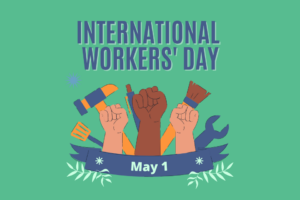
May 1 is celebrated around the world as International Workers’ Day. The U.S. chose to celebrate Labor Day in September
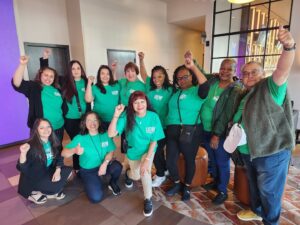
This week UDW leaders and members joined hundreds of care workers from across the country in D.C. at the first-ever

By Pablo Ros President Joe Biden this week signed a major executive order to improve care for working families and support care

Author: Astrid Zuniga My son, Manny, is the reason I get up every morning determined to fight for people with
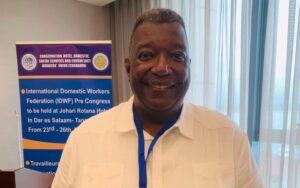
As home care workers and family child care providers, there is one thing that unites us – we are domestic

BY JANICE ROTHSTEIN BAKERSFIELD, Calif.—In between the historic storms directly hitting this area of California, members of the Communist Party’s San

Members of the California Alliance for Retired Americans and supporters from across the state gathered in Bakersfield to demand Speaker

In 1989, Franklin Vermillion watched as a group of friends gathered around a booth at his local burger joint communicated

by Kate Wolffe A new bill proposed in the California legislature would allow in-home care workers to bargain with the

By Andrew Hardy Even though the event was unfortunately delayed, the 26th annual Martin Luther King, Jr. Unity March and Black

By Annette Nicholson It’s 5 a.m. and the stars are still bright in the sky. I’ve already been awake for

Los cuidadores a domicilio de California, una fuerza laboral históricamente mal pagada que atiende a una población que envejece rápidamente,
As of the first of the year, the minimum wage in California has increased from $10 to $10.50 an hour.